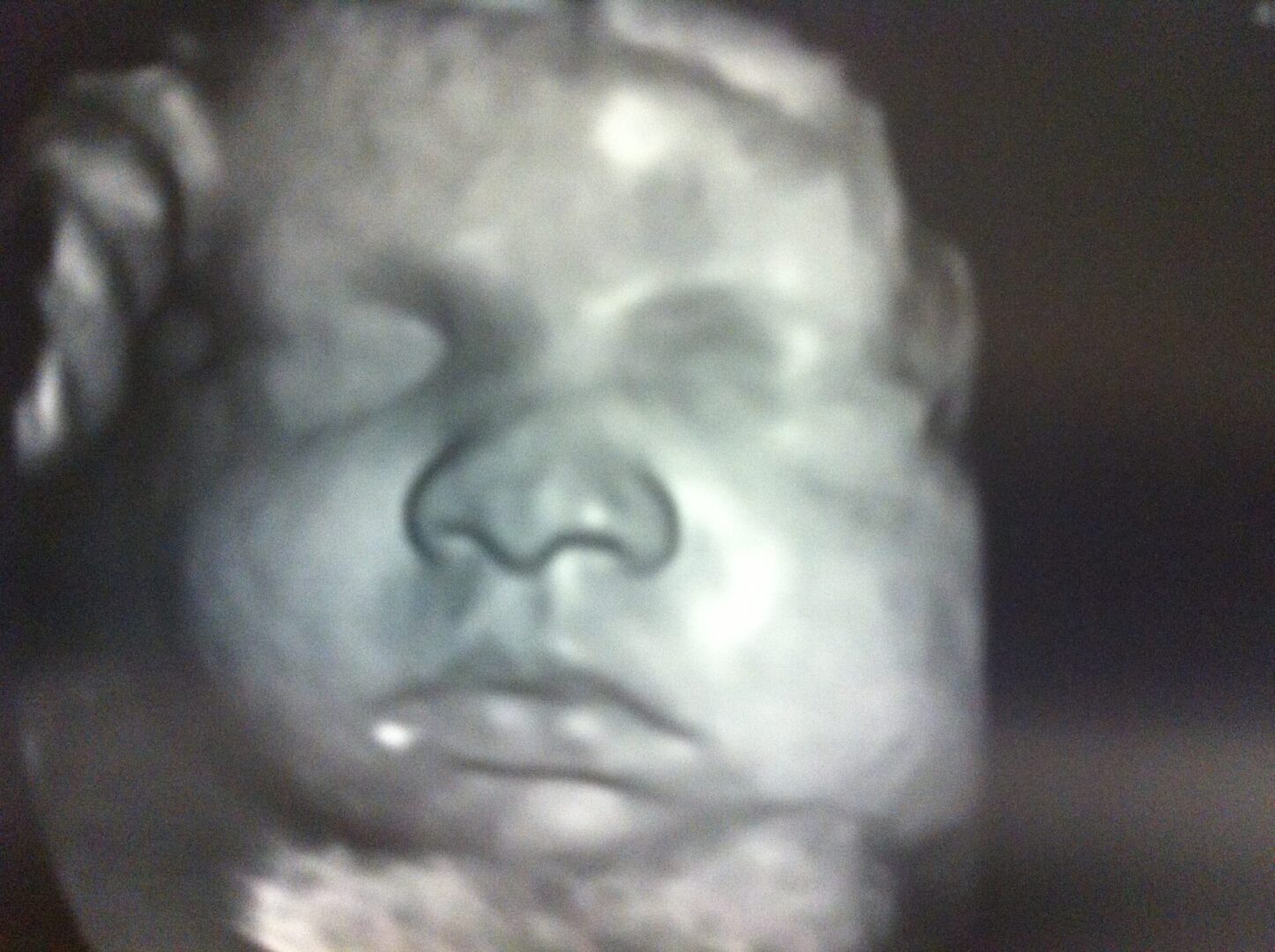Fetal Therapies
Life-saving surgeries prior to birth...
Fetal treatment (or fetal therapy) is the "operative branch" of fetal medicine. Fetal therapy is a therapeutic intervention used to correct or treat a fetal anomaly or condition. In almost every case where fetal therapy is needed, the fetus's life is at risk due to the diagnosed condition. It includes a series of interventions performed on the "sick" fetus with the aim of achieving fetal well-being. Surgical intervention on the fetus may involve either a direct operation of the fetus, as with in-utero correction of spina bifida, or an intervention on the placenta. In some cases, it may be performed at the time of delivery: the Ex Utero-Intrapartum ("EXIT") procedure. These interventions are often complex and are only performed when the prognosis suggests the fetus may either not survive or be severely handicapped without prenatal intervention.
Fetal treatment and advanced fetal therapy, in particular, is a relatively new field in medicine. Because of its complex nature and the significant risks involved with a surgical or medical intervention on a pregnant woman and her fetus, these procedures are usually performed in specialized centers and involve a multidisciplinary team of specialists. In addition, most of these fetal conditions are relatively rare, and the methods used to diagnose them are becoming increasingly sophisticated. Finally, there remains a lot to learn about the natural history of some of these disorders and the safest way to treat them.
Conditions treated include erythroblastosis fetalis, congenital diaphragmatic hernia (CDH), urinary tract obstruction, hydrops fetalis, Twin-to-Twin Transfusion Syndrome (TTTS), selective intrauterine growth restriction in monochorionic twins and Acardiac twins (twin reversed-arterial perfusion [TRAP] sequence).
The Brianna Marie Foundation works with the guidance of Dr. Ruben Quintero and Dr. Eftichia Kontopoulos from the Fetal Institute in Miami Florida and other partnering organizations that focus on fetal health and fetal therapies.
Drs. Quintero and Kontopoulos are widely known for developing the field of operative fetoscopy to treat birth defects in utero using minimally invasive techniques. He pioneered the selective laser surgery technique to treat twin-to-twin transfusion syndrome (TTTS) and proposed the staging classification of TTTS that is used worldwide. Dr. Quintero, board-certified in obstetrics and gynecology and maternal-fetal medicine, is one of a few physicians who perform laser surgery to correct the syndrome. He has also developed surgical techniques to treat in-utero amniotic bands, congenital diaphragmatic hernias, fetal tumors, and other fetal and placental disorders.
Dr. Eftichia V. Kontopoulos is a maternal-fetal medicine specialist and is board-certified in obstetrics and gynecology and maternal-fetal medicine. Dr. Kontopoulos is the author of numerous scientific articles and has co-authored chapters on the topic of fetal therapy and twin-to-twin transfusion syndrome.
Brianna's Surgeries...
Brianna was the first baby diagnosed with Fetal Hydrops to receive a device known as an intraluminal tracheal occlusion (developed by Dr. Ruben Quintero and designed for babies diagnosed with diaphragmatic hernias) to promote lung growth.
Brianna also had a total of four lung shunts inserted during fetal surgeries to help remove fluid from her lung cavity. This is an actual ultrasound picture of Brianna from February 2012. You can see part of the device in her mouth (as it should be) post-surgery. Significant lung growth was seen during the time this was inserted; however, not enough to sustain life.
So much was learned by medical professionals in Brianna's case. For more information on her specific illness and story, please see Fetal Hydrops.

